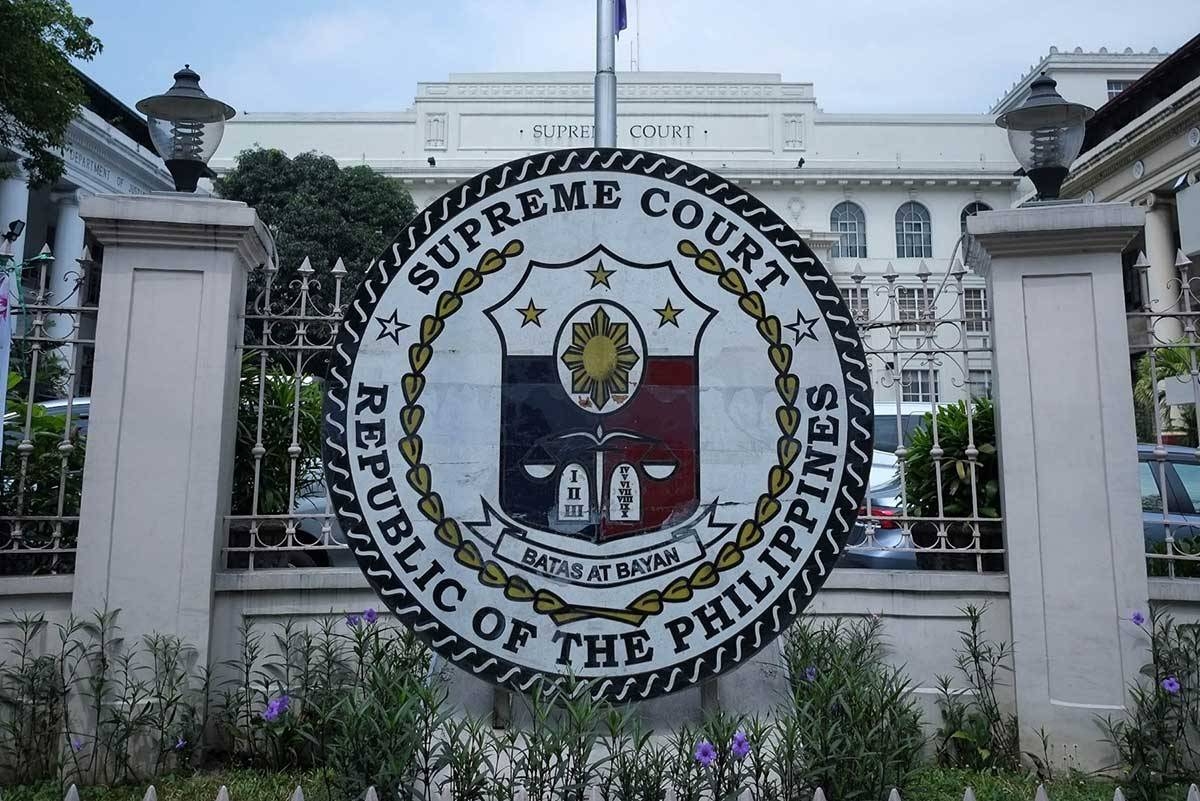Court reverses CA on Goldland case
THE Supreme Court ruled that an extrajudicial demand was not a prerequisite for judicial foreclosure unless explicitly required by law or agreed upon by concerned parties. In a decision penned by Associate Justice Mario Lopez, the Court's Second Division granted the petition of Goldland Tower Condominium Corp. against Edward Lim and Hsieh Hsiu-Ping. The case arose from Hsieh's failure to pay P4.6 million in association dues to Goldland, which had been annotated as a lien on the title of his condominium unit. Hsieh also failed to pay real estate taxes, prompting the San Juan City Treasurer to levy and auction the unit. Lim emerged as the highest bidder, and after Hsieh failed to redeem the property within the one-year redemption period, the City of San Juan issued a deed transferring ownership to Lim. Goldland later filed a judicial foreclosure case with the Regional Trial Court (RTC), asserting that as the new owner, Lim was responsible for the unpaid association dues. Lim, however, argued that the foreclosure was premature because Goldland had not formally demanded payment before filing the case. The RTC ruled in favor of Goldland, ordering Lim to settle Ping's unpaid dues. However, the Court of Appeals overturned the decision, prompting Goldland to elevate the case to the Supreme Court. The Court reinstated the RTC ruling, emphasizing that once a debt becomes due, a creditor has the right to demand payment either judicially (through the court) or extrajudicially (outside of court). If the debt remains unpaid, the creditor may initiate foreclosure proceedings to satisfy the obligation, it added. The Court said that under Article 1169 of the Civil Code, a creditor is not required to make an extrajudicial demand before resorting to judicial foreclosure unless such a requirement was mandated by law or stipulated in an agreement. The law merely requires a demand — whether judicial or extrajudicial — before a debt can be considered in legal default, thereby making the debtor liable for interest or damages. The same principle applies to judicial foreclosures. Since Goldland was the creditor, it had the right to demand payment from Hsieh and later from Lim as the new owner. The Supreme Court ruled that Goldland's judicial foreclosure case against Lim constituted the necessary demand for payment. The Court further clarified that while the annotation of the lien on the property title served as a notice to Lim of the existing debt, it did not amount to a formal demand for payment. However, Goldland effectively satisfied this requirement when it initiated the judicial foreclosure proceedings.

THE Supreme Court ruled that an extrajudicial demand was not a prerequisite for judicial foreclosure unless explicitly required by law or agreed upon by concerned parties.
In a decision penned by Associate Justice Mario Lopez, the Court's Second Division granted the petition of Goldland Tower Condominium Corp. against Edward Lim and Hsieh Hsiu-Ping.
The case arose from Hsieh's failure to pay P4.6 million in association dues to Goldland, which had been annotated as a lien on the title of his condominium unit.
Hsieh also failed to pay real estate taxes, prompting the San Juan City Treasurer to levy and auction the unit.
Lim emerged as the highest bidder, and after Hsieh failed to redeem the property within the one-year redemption period, the City of San Juan issued a deed transferring ownership to Lim.
Goldland later filed a judicial foreclosure case with the Regional Trial Court (RTC), asserting that as the new owner, Lim was responsible for the unpaid association dues.
Lim, however, argued that the foreclosure was premature because Goldland had not formally demanded payment before filing the case.
The RTC ruled in favor of Goldland, ordering Lim to settle Ping's unpaid dues. However, the Court of Appeals overturned the decision, prompting Goldland to elevate the case to the Supreme Court.
The Court reinstated the RTC ruling, emphasizing that once a debt becomes due, a creditor has the right to demand payment either judicially (through the court) or extrajudicially (outside of court).
If the debt remains unpaid, the creditor may initiate foreclosure proceedings to satisfy the obligation, it added.
The Court said that under Article 1169 of the Civil Code, a creditor is not required to make an extrajudicial demand before resorting to judicial foreclosure unless such a requirement was mandated by law or stipulated in an agreement. The law merely requires a demand — whether judicial or extrajudicial — before a debt can be considered in legal default, thereby making the debtor liable for interest or damages. The same principle applies to judicial foreclosures.
Since Goldland was the creditor, it had the right to demand payment from Hsieh and later from Lim as the new owner.
The Supreme Court ruled that Goldland's judicial foreclosure case against Lim constituted the necessary demand for payment.
The Court further clarified that while the annotation of the lien on the property title served as a notice to Lim of the existing debt, it did not amount to a formal demand for payment. However, Goldland effectively satisfied this requirement when it initiated the judicial foreclosure proceedings.


















